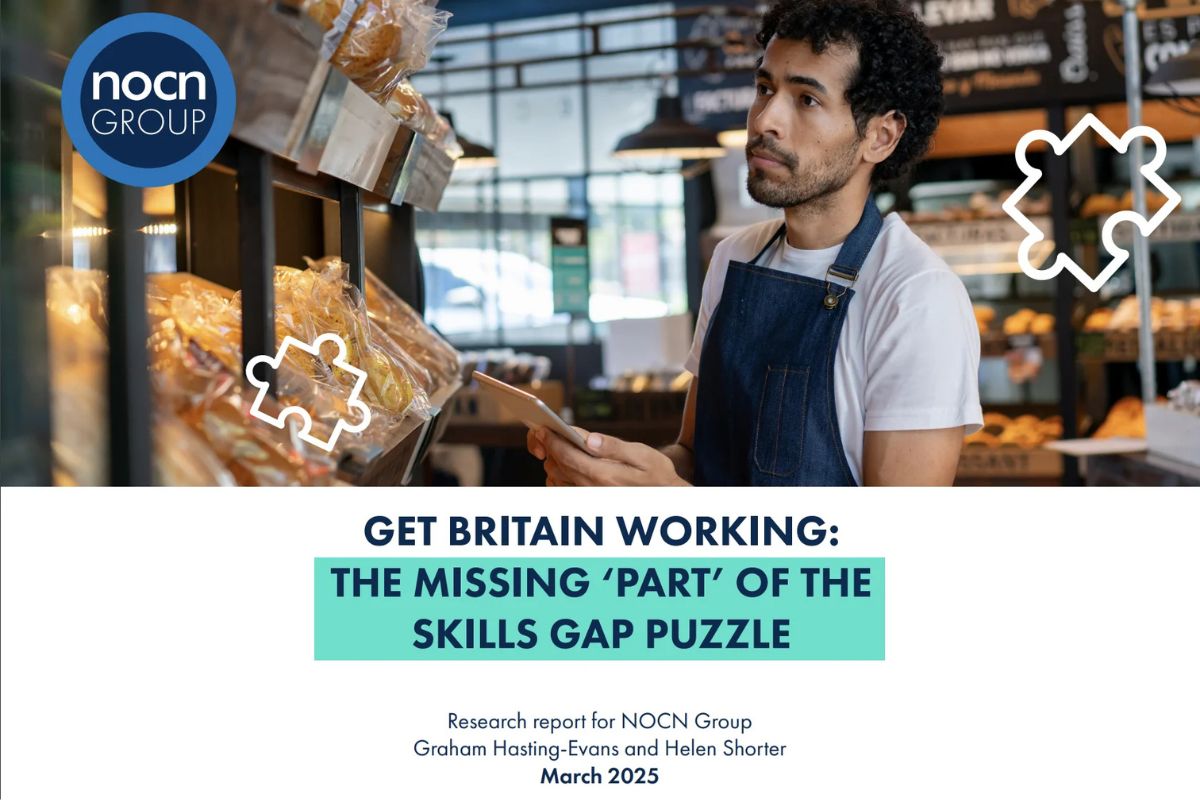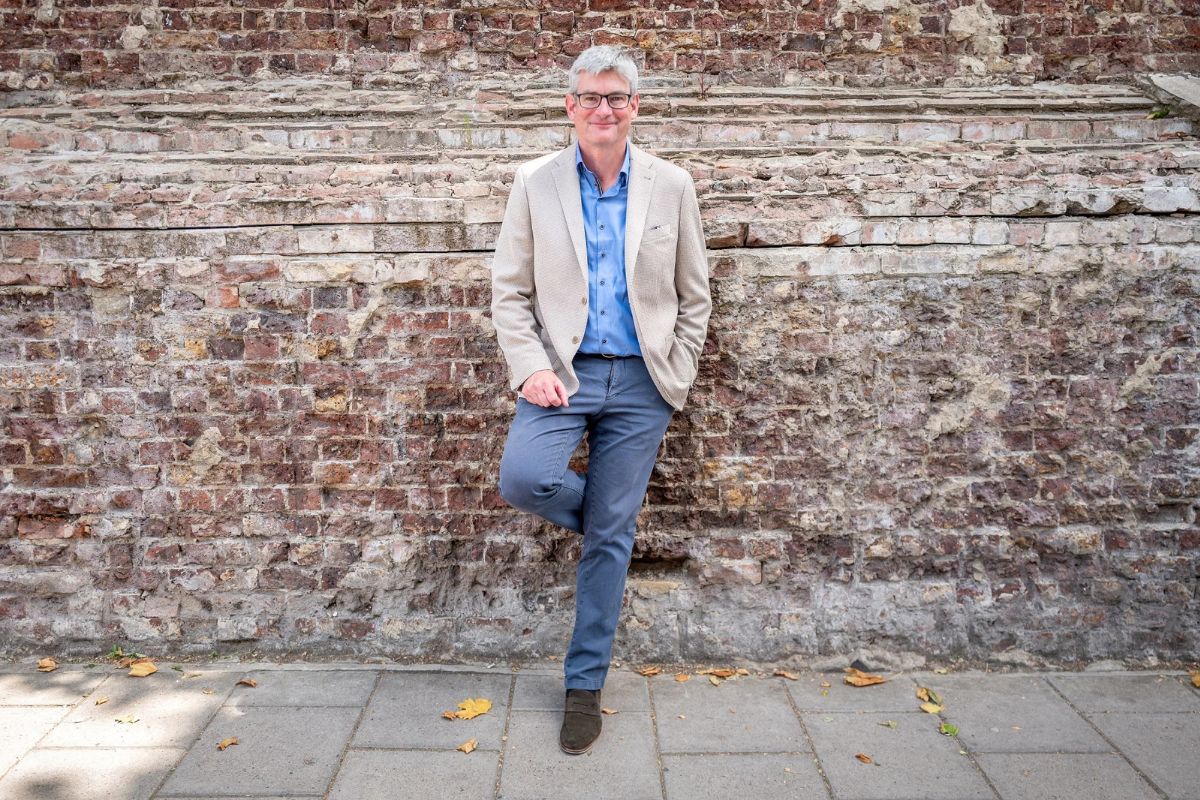The cost-of-living crisis set to further widen attainment gap
Dr Fleur Sexton, Deputy Lieutenant West Midlands and Managing Director of PET-Xi – one of the most hard-hitting and dynamic training providers in the UK with a reputation for success with the hardest to reach – discusses the financial challenges facing schools and the true cost to students.
Education is in the midst of a perfect storm. The current economic situation has placed post-pandemic learning recovery and the promises heralded in Levelling Up plans in jeopardy. The increasing turmoil caused by the cost-of-living crisis is hitting disadvantaged students at school and home, and challenges faced by those for whom social justice is not a reality who are struggling due to economic inequalities are being laid bare. These inequalities represent substantial barriers to young people’s future choices and life chances, and will have long-term effects. The economy will recover, but at what cost?
Results from the recent Association of School and College Leaders (ASCL) survey published in October, are a shocking read. Ninety eight percent of respondents say that without additional funding their school or college will be forced to make financial savings in the current and future years with 58% of respondents considering reductions in teaching staff and an increase in class sizes, 43% reducing curriculum options, and 55% cutting back on teaching assistants.
The Government’s Energy Bill Relief Scheme will help some way towards the astronomical hikes in running costs – some schools have calculated a 300% increase – but other costs are also rising, including catering. The Food Foundation’s latest survey revealed that ‘One in four households with children (25.8%) have experienced food insecurity in September affecting an estimated 4 million children in the UK’. Schools not only need to be a warm space this Winter, but also be providing at least one good meal a day for their students – cold and hungry children can’t learn.
There are tough decisions ahead for school leaders who will have to decide on the ‘value’ of extra-curricular experiences – school trips and after school clubs, and the availability of learning recovery and revision classes during school holidays.
Before the current challenges, there were stark inequalities in education, the latest research by the Institute for Fiscal Studies (IFS) Deaton Review of Inequalities reveals that ‘inequalities, such as the disadvantage gap at GCSE, have barely changed over the last 20 years and are likely to increase following the COVID-19 pandemic’.
Even at the start of their school career, the attainment gap already exists for many children from low-income families. The gap increases through their primary years, with less than half of disadvantaged pupils reaching their expected levels of attainment, compared to 70% of their peers. This continues through secondary school and on to university – only 40% of disadvantaged students leave school with decent grades in GCSE maths and English, compared to 60% of those from higher income families, with fewer than 20% of those from the poorest fifth of families graduating from university.
Parents and disadvantaged pupils are increasingly feeling the pressure of increased prices and more children are becoming at risk of the negative impacts of poverty on health and wellbeing. Socio-economic factors have the single biggest impact on educational achievement and outcomes for young people, and often the poorest in society are those most affected by cuts or price increases because they have no access to additional resources.
Investment in education is an investment in future prosperity. In terms of returns it’s probably the best investment the Government can make at any time. Without financial support we will miss out on our young people’s potential to improve their life chances by accessing education and employment and building a more prosperous and fairer society for all. Unless this is addressed now and a true commitment to levelling up is made in every single decision, inequalities in the structure of society will prevent people from living a life where they can achieve their potential and social justice will not be achieved and we will fail those who need us most.











Responses